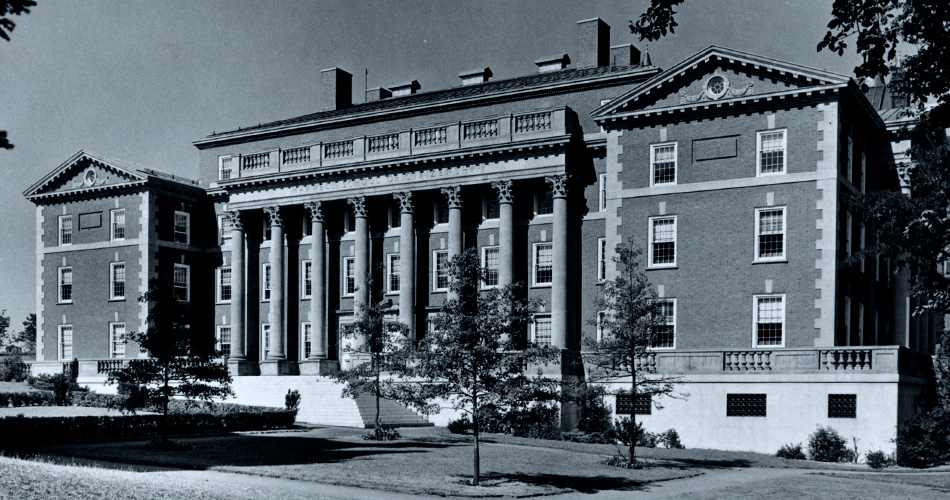Central Asia’s “new” states: Emergence of New Uzbekistan and New Kazakhstan
Eggers Hall, 341 NY, United States
Add to: Outlook, ICal, Google Calendar
The Moynihan Institute's Central Asia and the Caucasus Initiative will host a panel discussion with Darzhan Kazbekova, social science Ph.D. candidate, and Saidakbar Askarov, social science Ph.D. student, both from Syracuse University. Mirjakhon Turdiev, program manager for global engagement will moderate.
Central Asia’s two states Uzbekistan and Kazakhstan have been referred to as “New” Uzbekistan and “New” Kazakhstan in domestic and international media platforms by politicians, media and government administrators. There are varying opinions and arguments around the prefix new before the country names among the general population, political analysts and current government officials.
The panelists, as the emerging social science researchers from Kazakhstan and Uzbekistan, will discuss the chronological background, political context, and situated meanings of “New” Kazakhstan and “New” Uzbekistan. The discussants will delve into the symbolic aspects, political essence and social significance of “rebranding” these two states.
Panelists:
Darzhan Kazbekova is a Ph.D. candidate in the social science doctoral program in Maxwell School of Citizenship and Public Affairs. Darzhan has experience working in civil service in regional and city courts and in the Ministry of Justice. Her most recent work position was as a director of the Institute for Applied Research, Academy of Public Administration under the president of the Republic of Kazakhstan. Darzhan's research interests are focused on environmental policy formation, stakeholder analysis, and theoretical frameworks of policy analysis in the case of Kazakhstan. She has an M.A. degree in international relations and a Ph.D. in international relations.
Saidakbar Askarov is a Ph.D. student in the social science doctoral program in Maxwell School of Citizenship and Public Affairs. He has more than 10 years of experience working in civil service. His expertise includes topics on science and technology policy, research and development, and human resource development in civil service. In the past, Saidakbar was the head of the human resource development for the public sector department in the “Istedod” and “El-Yurt Umidi” Foundations and served for about eight years in different departments of the Science and Technology Committee, and Ministry of Innovation of Uzbekistan. He is currently researching the influence of environmental changes on the decision-making processes of vulnerable populations regarding migration, as well as the role that public policies play in this complex dynamic.
Category
Social Science and Public Policy
Type
Discussions
Region
Campus
Open to
Public
Organizers
MAX-Moynihan Institute of Global Affairs, MAX-Central Asia and the Caucasus Initiative
Accessibility
Contact Mirjakhon Turdiev to request accommodations

We’re Turning 100!
To mark our centennial in the fall of 2024, the Maxwell School will hold special events and engagement opportunities to celebrate the many ways—across disciplines and borders—our community ever strives to, as the Oath says, “transmit this city not only not less, but greater, better and more beautiful than it was transmitted to us.”
Throughout the year leading up to the centennial, engagement opportunities will be held for our diverse, highly accomplished community that now boasts more than 38,500 alumni across the globe.